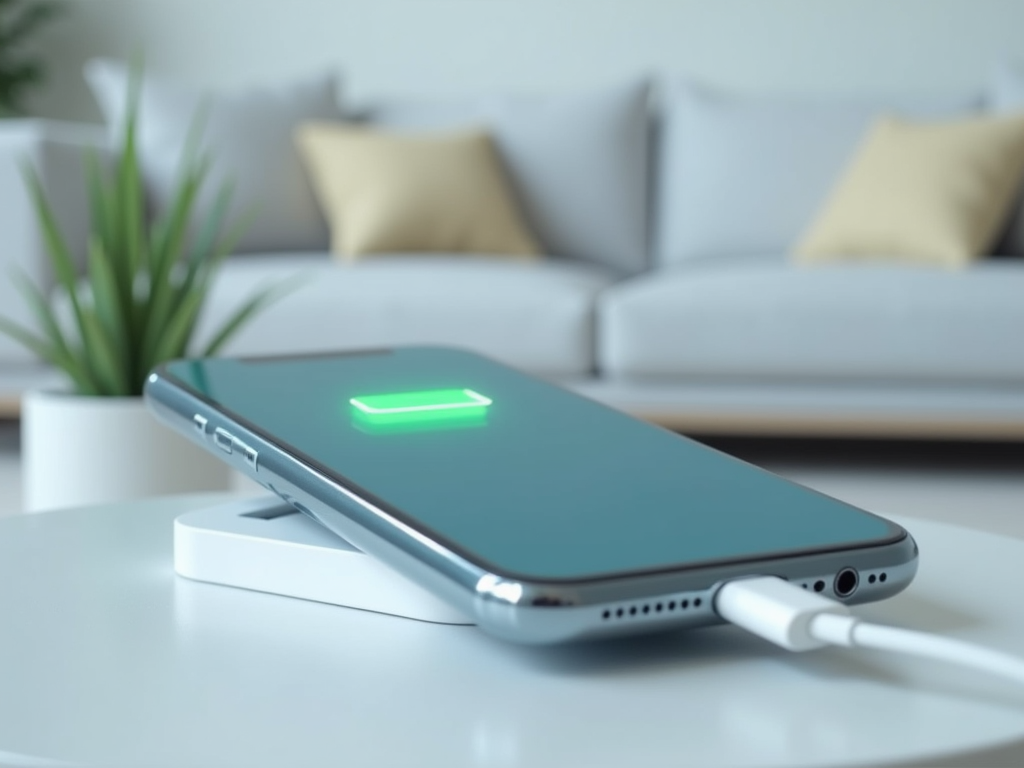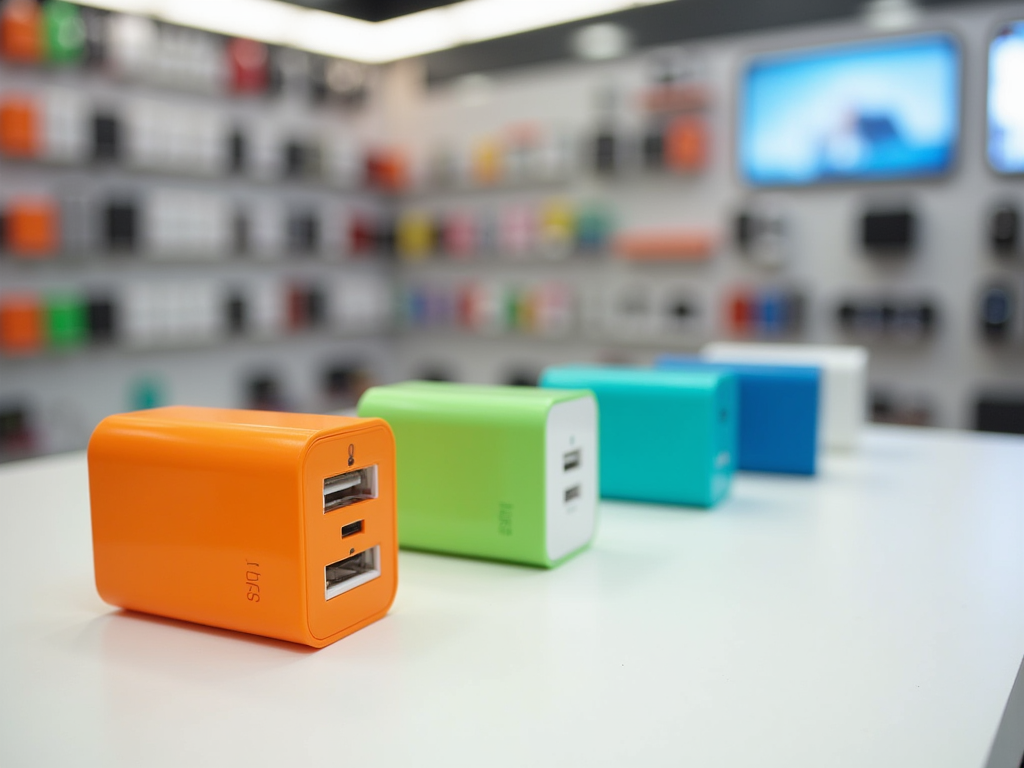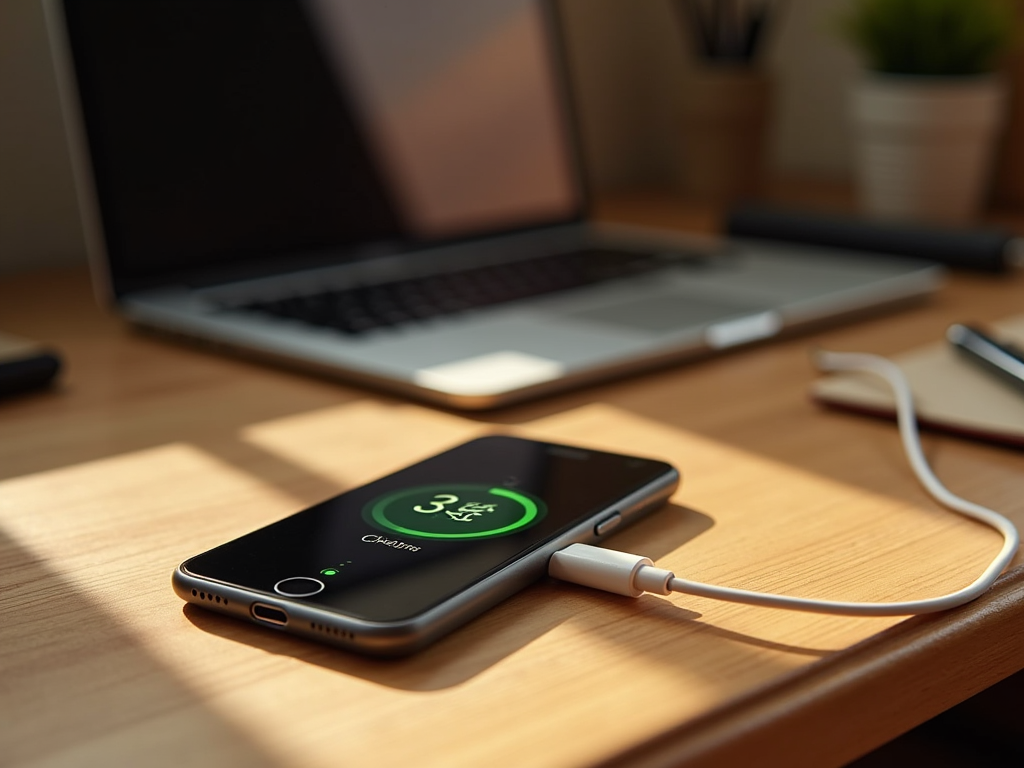When charging our mobile devices, we often overlook the importance of voltage, yet it plays a critical role in ensuring that our phones charge efficiently and safely. The voltage of a mobile charger affects how quickly and effectively a device can draw power. Using chargers with inappropriate voltage can lead to longer charging times, or worse, damage to the device. Therefore, understanding mobile charger voltage is essential for maintaining the longevity and performance of your smartphone. In this article, we’ll delve deeper into why voltage matters, how it affects charging, and what you need to consider when selecting a charger.
The Basics of Mobile Charger Voltage

The voltage of a mobile charger is a crucial specification that determines how much electrical potential the charger can provide to your device. Most mobile devices operate optimally at a specific voltage, typically ranging from 5V to 20V. If a charger supplies a voltage that is too high or too low, it can lead to either insufficient charging or potential damage to the device. Here’s a quick overview of how voltage functions in mobile chargers:
- Low Voltage: Chargers with low voltage may not deliver enough power, causing slow charging times or failure to charge.
- Optimal Voltage: The ideal voltage for most smartphones is around 5V, but some fast chargers can offer higher voltages.
- High Voltage: Using a charger with higher voltage than the device requires can lead to overheating and damage.
Understanding these basics is crucial before purchasing or using a charger that might not fit the requirements for your mobile phone.
Effects of Using the Wrong Voltage Charger

Using a charger with inappropriate voltage can have several negative effects on your mobile device. Below, we explore the potential risks associated with mismatched voltage:
- Overheating: High voltage chargers can cause the device to overheat, affecting battery health.
- Battery Swelling: Continuous use of high voltage can lead to battery swelling, which could be dangerous.
- Inconsistent Performance: Devices may perform erratically if powered by an incompatible charger, leading to software issues.
- Charging Incompatibility: Some devices will refuse to charge if the voltage exceeds the maximum limit.
- Shortened Device Lifespan: Consistent exposure to incorrect voltage levels can significantly shorten the lifespan of your smartphone.
It’s essential to always use chargers that match the specifications required by your device to ensure safety and longevity.
Choosing the Right Charger Voltage
When selecting a charger for your mobile device, you should consider several factors related to voltage:
- Check Device Specifications: Always refer to the manufacturer’s specifications regarding voltage requirements for your device.
- Select Compatible Chargers: Opt for chargers that are either original or certified by the manufacturer for compatibility.
- Look for Adaptive Charging: Consider chargers that have adaptive technology to modify the voltage automatically to fit your device’s needs.
- Avoid Generic Chargers: Stick with well-known brands and avoid cheap, generic chargers that often do not meet safety standards.
Making an informed choice can help you prevent damage and ensure efficient charging of your device.
Conclusion
In conclusion, the voltage of a mobile charger is a significant factor that directly impacts your device’s charging efficiency and overall health. Using the correct voltage can lead to faster charging times and prolong the lifespan of your mobile phone. Conversely, using chargers with mismatched voltages poses risks that can damage your device and reduce its performance. Therefore, it’s crucial to be vigilant about the chargers you use and ensure they meet the necessary specifications for your mobile device.
Frequently Asked Questions
1. What is the standard voltage for mobile chargers?
The standard voltage for most mobile chargers is typically 5V, though some fast chargers can support higher voltages like 9V or 12V, depending on the device’s capability.
2. Can a higher voltage charger damage my phone?
Yes, using a charger with a voltage higher than what your device is rated for can cause overheating, battery swelling, and potentially permanent damage to the internal components.
3. Is it safe to use a generic charger for my smartphone?
While some generic chargers may work, it’s usually safer to use chargers that are certified by the device manufacturer. This helps ensure compatibility and safety.
4. How can I tell if a charger is compatible with my device?
Check the voltage rating on the charger and the specifications on your device. Look for compatibility logos or certification marks that indicate it meets the required standards.
5. What happens if I use a low voltage charger?
A low voltage charger may lead to slower charging times, and in some cases, might not charge the device at all, keeping it from gaining power effectively.





